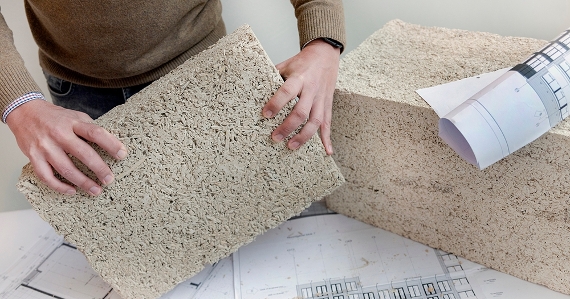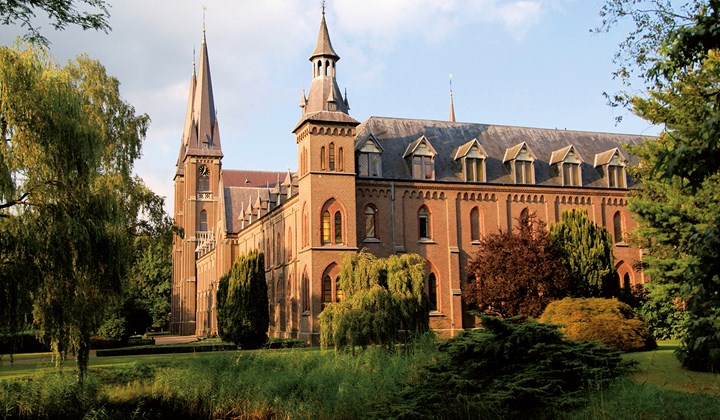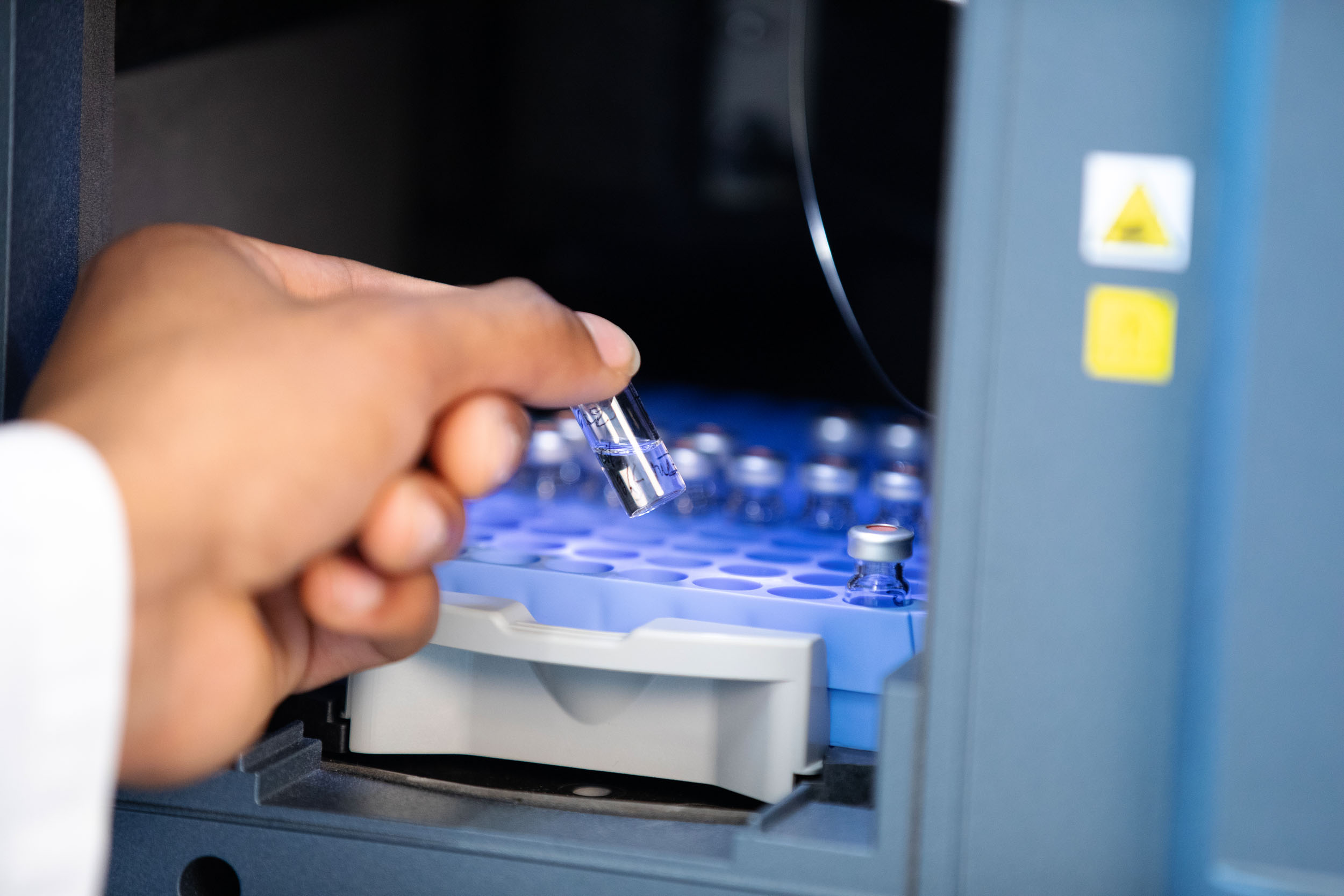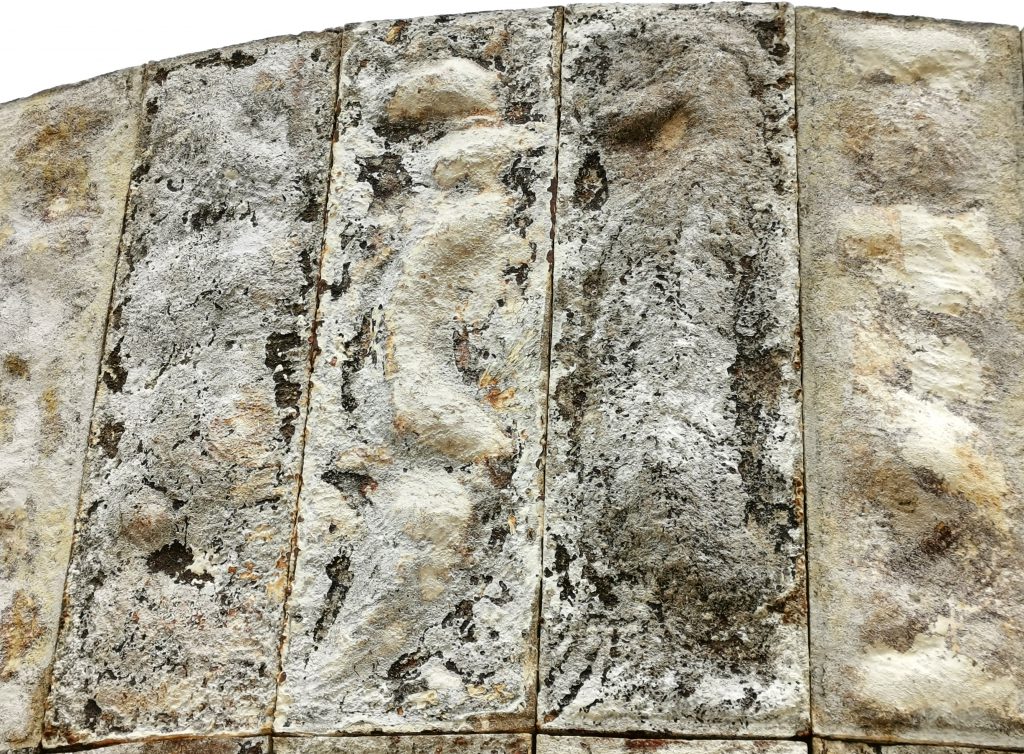CIRCULAR AND BIO-BASED BUILDING
Construction is a major consumer of materials and is responsible for about 33% of the total CO2 emissions. Currently, the components and materials used are often not adaptable during the life cycle. Nor are they made from renewable, biobased materials. This is because most construction projects are still designed in a linear way, which makes material reuse difficult. A transition from the current “linear construction” to a biobased, circular construction is necessary.
INTEGRAL APPROACH
In order to realize circular and biobased construction, an integrated approach is required in which processes, disciplines, companies and laws and regulations must be changed. This means that existing roles of construction industry stakeholders will change and new roles will be needed. Within CBCI, we are developing an approach that guarantees coherence between technical, legal and social aspects, and business models for biobased and circular design and construction. The approach is that what we develop can then be produced on an industrial scale.
PROTOTYPING, LIVING LABS AND REAL LIFE APPLICATIONS
Design research takes place in order to arrive at a working approach. A characteristic feature of this is the iterative approach and that we involve a wide range of stakeholders and experts in the research. During workshops we look at the different perspectives.
This research focuses on 2 real-life cases. A clinic of the Zeeland care institution Emergis and a building of KU Leuven in Ghent are being circular renovated with biobased materials. Through the approach with stakeholders and experts, we develop facade elements, which we not only test as prototypes in laboratories, but also apply real-life in these cases.
We ensure a good learning experience and knowledge sharing by recording and analyzing the various steps in the various development processes, such as workshops, prototyping, living labs and real-life cases. We use laboratories in Belgium (BBRI), the Netherlands (SPARK Maker Space Lab) and England (BRE Centre for Innovative Construction Materials) to design, test and produce the prototypes. In doing so, the researchers use the most modern production techniques and research facilities.
EXPECTED REVENUE
With CBCI we realize various outputs for the widest possible effect on the construction sector. The project results in various publications, MOOCs, a practical guide and a feasibility study. This is all intended to inspire and provide (future) professionals with practical information for their own construction projects, at every stage of the process. The learning results of the project and the materials developed eventually come together in a demonstration exhibition at Kamp C in Westerlo (BE). The goal of CBCI is to contribute to the application of new solutions for the circular economy.
COOPERATION
Avans works as lead partner of the Circular Bio-based Construction Industry research project together with 9 knowledge institutions and organizations. The following are involved within Avans: Expertise Centre Technical Innovation, Centre of Expertise Biobased Economy and the Expertise Centre Sustainable Business.
SUPPORT
The total project will run for almost 4 years, until September 30, 2022. And a size of almost € 7 million. CBCI is a project of Interreg 2 Seas 2014-2020. This is a European territorial cooperation program. The European Regional Development Fund (ERDF) is one of the funders.
20180930 until 20220930


















